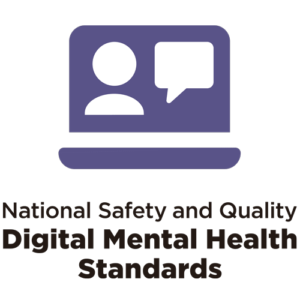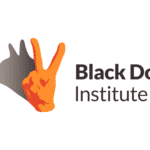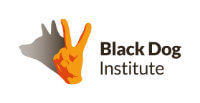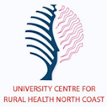In my role with the e-Mental Health in Practice Project I’ve been talking about the value of evidence-based Australian-made digital mental health resources for over a decade, and I finally have the sense that the ground is shifting.
In 2013 when I began to speak to GPs and mental health professionals around the country about the place of digital tools in mental health care people listened with visible scepticism. Doubts were voiced about the efficacy of digital interventions, the quality of the research behind them, the privacy of data collected, the safety of patients who used digital resources without clinical supervision and the need for practitioners to “know what was going on” behind the digital curtain.
Many health professionals who were interested in the idea in principle were reluctant to get involved in the use of these resources. They felt unable to spare the time to do the close examination required to satisfy themselves that these tools were reliable, efficacious and unlikely to cause harm.
For those people I have some really good news!

In late 2022 the Australian Commission for Safety and Quality in Healthcare (ACSQHC) launched a process of accreditation for digital mental health care tools and resources. The accreditation process uses a set of standards with the bulky title of National Safety and Quality Digital Mental Health Standards but we might call them NSQDMH (that’s better isn’t it?) or perhaps just “The Standards” would do!
Service providers can apply to the Commission for accreditation, but seeking that accreditation is not obligatory. A service that is not accredited may still meet all the standards but has simply chosen not to apply. That means if you want to use an unaccredited service you may have to satisfy yourself about its credentials.
What do The Standards cover?
If you’d like to read the standards you can find a link to them here but they are 40 closely printed pages long, so I imagine that looks about as daunting as assessing a resource for yourself! I’ll summarise what they cover below. Hopefully the broad scope of the standards encompasses all the work you would have previously done yourself.
To comply with the standards service providers must satisfy an independent accrediting agency that their products are safe and efficacious and based on good quality research. They must:
- meet clinical and technical governance requirements – this includes privacy and cybersecurity of their digital systems as well as research to support their use and efficacy in clinical practice
- have had adequate consumer involvement in their development and continue to be engaged in service delivery
- include harm minimisation practices including methods of communicating for safety, and recognising and responding to acute deterioration.
The Commission’s resource library provides more information on the Standards and accreditation.
What do these standards apply to?
The Standards apply to mental health, suicide prevention and alcohol and other drug services delivered using technology. This means we are talking about:
- digitally delivered automated CBT (which is probably the first thing that springs to most people’s minds)
- websites that provide psychoeducation and information about mental health conditions,
- peer support services including those that are delivered by phone as well as those delivered via the internet.
- smart phone apps
- internet based triage, referral and counselling services,
Sites need to offer specific health services to be eligible for accreditation so the standards do not apply to generic wellness services that are so prevalent on the internet. Also not included are things like decision support tools for clinicians or other services that provide support specifically for clinicians.
The bottom line?
Using digital mental health resources in clinical practice has become much easier thanks to this accreditation process. The process is thorough and needs to be repeated every three years. We can be confident that services with current accreditation are keeping their standards up.
So, when we are looking for digital mental health resources, perhaps we need to check the resource has met the Standards’ stringent requirements for safety and quality here on the Commissions register. Then, our job is simply to work out how we can use these resources in practice!






